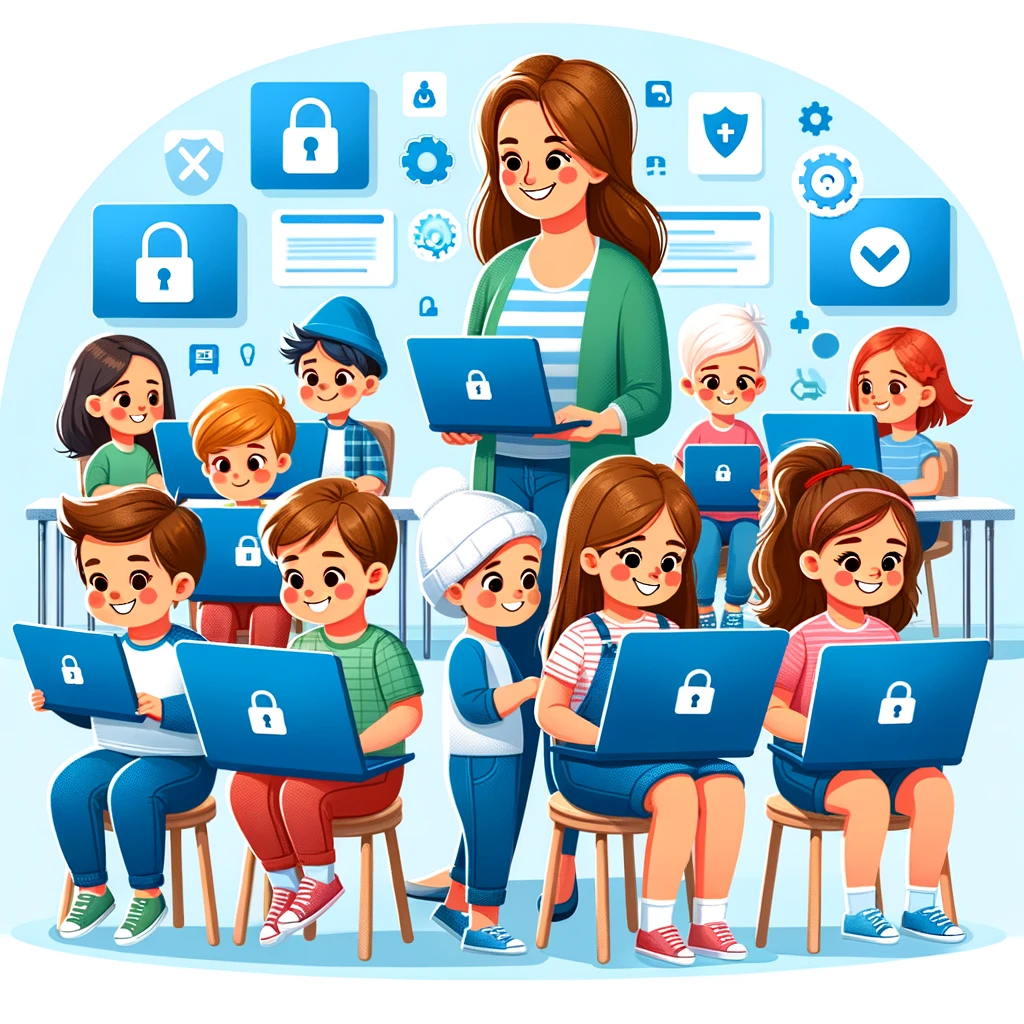Upcoming Technology Trends that may Affect Parenting

As we delve deeper into the 21st century, technology continues to evolve at a rapid pace, shaping various aspects of our daily lives, including parenting. The way we raise our children today is vastly different from previous generations, largely due to technological advancements. Let’s explore some upcoming technology trends that are likely to influence parenting, offering both opportunities and challenges.
1. Augmented Reality (AR) and Virtual Reality (VR) in Education
The integration of AR and VR in education is set to transform traditional learning methods. These technologies offer immersive and interactive experiences that can make learning more engaging and effective for children. Parents should prepare to embrace these tools, potentially investing in them for home use to supplement school learning. However, balancing virtual learning with real-world experiences will be crucial.
2. Artificial Intelligence (AI) in Personalized Learning
AI has the potential to revolutionize personalized learning by adapting educational content to suit individual learning styles. As a parent, this means overseeing these AI-driven platforms to ensure they meet your child’s educational needs. It’s also essential to maintain a dialogue about the content and methods these systems use to educate your children.
3. Internet of Things (IoT) in Home Safety
IoT devices like smart locks and environmental monitors can enhance home safety. However, they also bring privacy and data security concerns. Parents will need to be knowledgeable about digital security to safeguard their family’s privacy.
4. Managing Screen Time and Digital Wellness
With screens becoming increasingly prevalent, managing screen time is more important than ever. Parents will need to set boundaries and teach their children about digital wellness, emphasizing the importance of time away from screens.
5. Social Media and Online Safety
The early exposure of children to the internet and social media raises concerns about online safety. Educating children about internet safety, cyberbullying, and the long-term effects of their digital footprint is a responsibility that falls increasingly on parents.
6. Telehealth for Pediatric Care
Telehealth advancements can make pediatric care more accessible. Parents may find themselves relying more on virtual consultations for non-emergency medical advice, a convenience that also requires discernment regarding when in-person care is necessary.
7. Wearables for Health Monitoring
Health-monitoring wearables can offer parents real-time insights into their child’s health, potentially aiding in early detection of health issues. It’s important for parents to balance reliance on these technologies with traditional healthcare methods.
8. 3D Printing for Creative Learning
3D printing offers a new dimension of creative expression and learning for children. Parents should understand the basics of this technology to assist their children safely and effectively.
9. Smart Toys and Voice Assistants
While smart toys and voice assistants can be educational, they also raise questions about privacy and the nature of children’s interactions with AI. Parents must ensure these devices are age-appropriate and monitor their usage.
10. Teaching Digital Ethics and Citizenship
As digital citizens, children need guidance on ethical online behavior. Parents play a critical role in teaching digital ethics, including respect for privacy, intellectual property, and online etiquette.
Wrapping Up
Parenting in the era of rapid technological advancement requires a fine balance between embracing the benefits of these technologies and mitigating their challenges. Staying informed and adaptable is key for parents navigating this ever-changing landscape. By doing so, we can ensure that our children reap the benefits of technology while growing up to be responsible, well-rounded individuals in the digital age.


